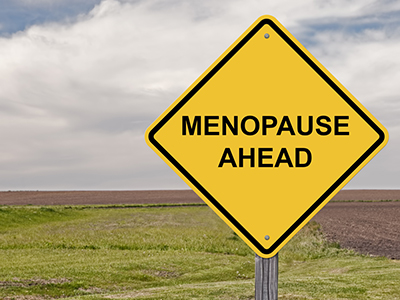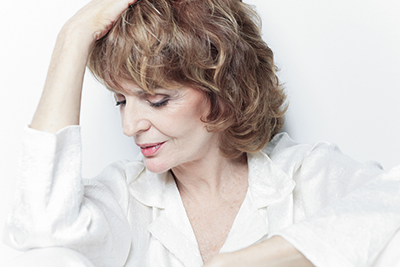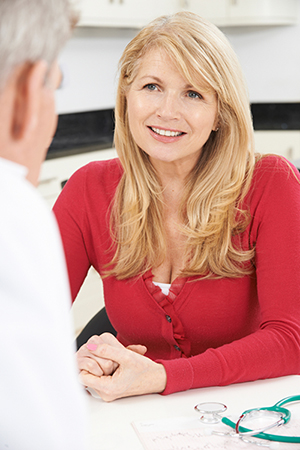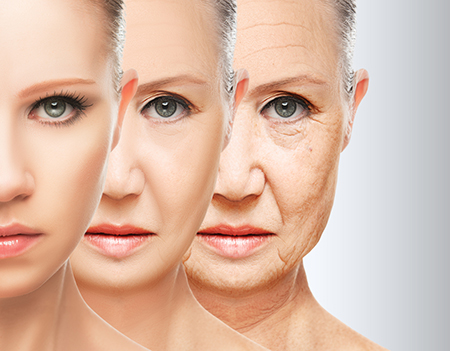Doctor, Why Does It Hurt Down There?
Over 60% of women in menopause complain, often silently, of vaginal dryness and pain during intercourse. As a consequence, they may seek to avoid that level of intimacy, a behavior that can impact negatively on their relationships and, for some, may lead to loneliness and depression. Why?
Understanding Menopause
Recent advances in the biology of menopause have helped clarify the importance of female hormones in women’s overall health. Improved patient education that allows women to engage in formal conversations with their care providers helps clinicians to individualize menopause management for their patients. In essence, while menopause is a complex process, it can be understood at a basic level by viewing it simply as a process of hormone withdrawal. And the hormone of most importance is estradiol, cyclically produced in large amounts by the ovaries during the reproduction years, reflecting the high numbers of eggs that rapidly decrease in number as one approaches menopause.
Hair Today, Gone Tomorrow. What's Testosterone Got To Do With It?
For women in menopause, hair loss threatens one’s self-image and social confidence. Termed androgenic alopecia (AGA), or “female pattern hair loss,” it is misinterpreted as “going bald.” Even if a woman is reassured that this is not the case, or that it affects men as well, the phenomenon evokes fear and even depression.
Progress In Safety Of Hormone Delivery
Women depend on their reproductive hormones in many ways. During the reproductive years, estradiol, the most powerful of the estrogen family, is produced largely by the ovaries. While it is important for menstrual cycles and pregnancy, we now know that estradiol plays a key role in keeping your body in an uninflamed state. Estradiol accomplishes this by depressing the ability of your fat cells and immune cells to produce a number of inflammatory proteins that are linked to many of the menopausal symptoms women describe. Even in the several years leading up to that one year without a menstrual period (a window of time called the Menopause Transition), fluctuations in ovarian production of estradiol cause the release of these inflammatory proteins. These fluctuations explain why mood swings, hot flashes, skin changes, and loss of libido may be encountered, even as the menstrual periods still are occurring.
Does Estrogen Help Age Skin Better?
Our skin is not only our largest organ but also our protective shield and our most visible self. When Nora Ephron wrote I Feel Bad About My Neck And Other Thoughts About Being A Woman (2008), she was highlighting with humor, but compassion, the challenges women face as they age. And skin becomes a very visible part of that conversation. Why does our skin thin, and what causes wrinkles?





